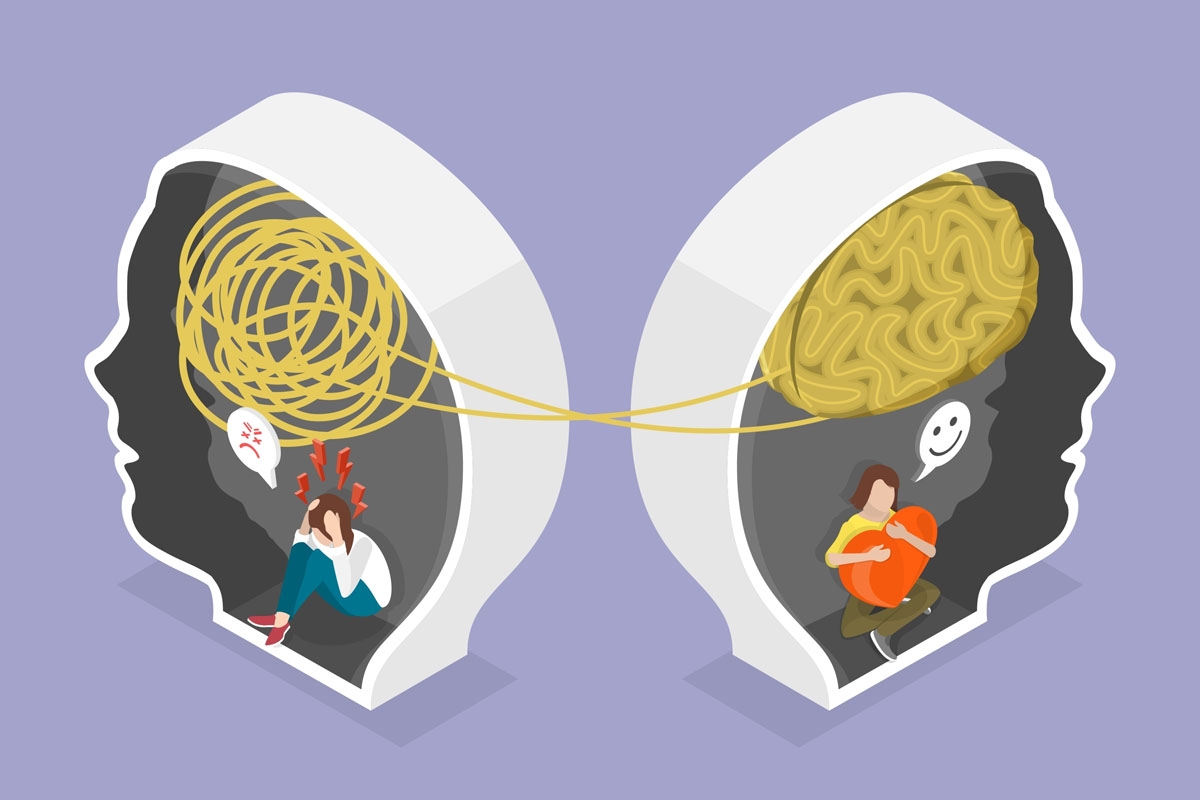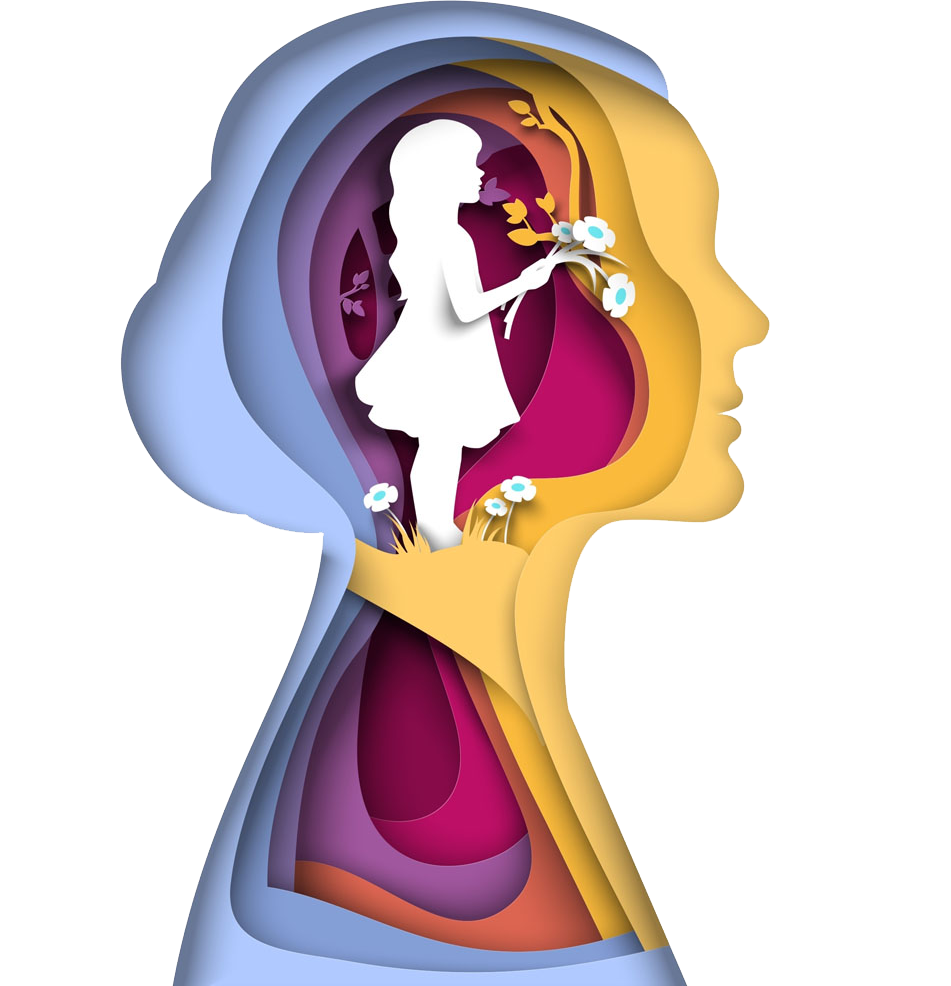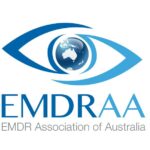EMDR Therapy
Struggling to overcome trauma, stress, anxiety or depression?
EMDR therapy from A&U Psychology may be an avenue to support your general wellbeing and recovery.
This style of therapy is designed to resolve unprocessed traumatic memories in the brain by allowing the brain to resume its natural healing process.
One of the biggest benefits is that this style of therapy does not require talking in detail about the distressing issue that is affecting you.
What is EMDR Therapy?
Eye Movement Desensitisation and Reprocessing (EMDR) is a structured therapy that encourages you to focus briefly on the trauma memory while simultaneously experiencing what is referred to as bilateral stimulation (typically eye movements). This activity is associated with a reduction in the vivid memories and emotion associated with the trauma.
EMDR therapy is an extensively researched psychotherapy method that has been proven to help people recover from the symptoms of trauma and PTSD.
Ongoing research supports positive clinical outcomes that show EMDR therapy is a helpful treatment for disorders like anxiety, depression, addictions and other distressing life experiences. A report published by the National Library of Medicine noted that seven of 10 studies found EMDR therapy is more rapid and/or more effective than trauma-focused cognitive behavioural therapy.

Is EMDR Therapy Right for You?
EMDR therapy is internationally recognised as one of the most effective treatments for trauma and post-traumatic stress disorder (PTSD). However, it can also benefit people struggling with:
- Anxiety and panic attacks
- Depression and low self-esteem
- Grief and loss
- Sleep disturbances
- Phobias and fears
- Chronic pain and medically unexplained symptoms
- Addictions and compulsive behaviours
You do not need to have experienced a single major traumatic event for EMDR to be helpful. Many clients seek support for difficulties linked to stress, childhood experiences, relationship challenges or overwhelming life events.

Outcomes of EMDR
While every client’s journey is unique, EMDR therapy can lead to:
- Relief from disturbing memories and flashbacks
- Feeling calmer and less reactive to triggers
- Greater ability to live in the present
- Improved sleep and concentration
- Increased sense of safety, resilience, and self-worth
The goal of working with an EMDR therapist is not to erase memories but to reduce their emotional charge, helping you move forward with clarity and confidence.

Work With an Accredited EMDRAA Consultant
At A&U Psychology, EMDR is more than a treatment we provide; it is a clinical focus and area of expertise.
Our co-director, Dr Ursula Oertel, is a Clinical Psychologist and Accredited EMDR Consultant with EMDRAA (EMDR Association of Australia). She is also a member of the EMDRAA Accreditation and Standards Committee, helping shape EMDR practice across Australia.
Choosing A&U Psychology means you will benefit from:

- Therapy for trauma and other conditions that is grounded in the latest research and clinical standards
- A compassionate and client-centred approach that prioritises your pace and safety/sense of wellbeing
- The flexibility of both in-person and online EMDR sessions
- Access to an EMDR consultant who also trains and supports other therapists across Australia
If you are searching for an EMDR therapist in the Brisbane suburb of Windsor, choose A&U Psychology for clinical expertise and genuine care.
The EMDR Therapy Process
Your treatment follows a structured process:Assessment
We explore your history, current challenges and therapy goals.
Preparation
You learn coping skills and strategies to ensure you feel safe and supported.Targeting memories
Your therapist will help you identify past and present experiences that continue to affect you.Reprocessing
Using bilateral stimulation (eye movements or tapping), your therapist helps your brain reprocess and release distress.Fees and Funding
The cost of a therapy session (usually around 50 minutes) is $230.00.
Medicare rebates for psychology sessions are available for eligible individuals with a valid Mental Health Treatment Plan from a GP or Psychiatrist, with up to 10 individual sessions per calendar year.
The Medicare rebate per session is $145.25.
Individuals can also use private health insurance to fund psychology sessions, with no GP referral required. This is a convenient option for accessing additional support after Medicare-subsidised sessions are used.
Take the Next Step
Struggling to overcome trauma, depression or anxiety? At A&U Psychology, we are committed to helping you feel safe, supported and empowered to move forward.
Make an enquiry today to explore how EMDR therapy can help you.
